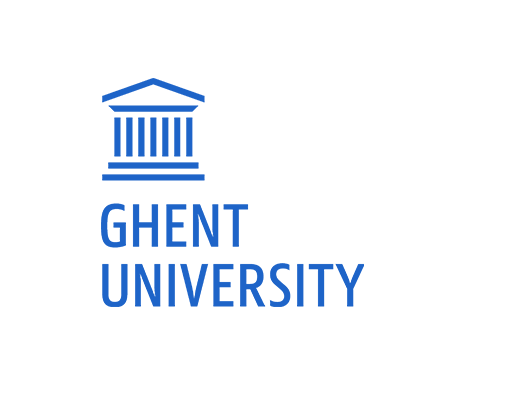The Ghent Institute for Legal History has a call for 5 fully-funded PhD positions as part of the project ‘Rethinking emergency from a legal historical perspective: contexts, actors, practices 1914-2020’ (EMERGE), which is funded by the European Research Council (ERC, ERC Consolidator Grant 2022, no 101087876).
The Ghent Institute for Legal History is
looking for 5 PhD Candidates who will be working within the project ‘Rethinking
emergency from a legal historical perspective: contexts, actors, practices 1914-2020’
(EMERGE), which is funded by the European Research Council (ERC, ERC
Consolidator Grant 2022, no 101087876). Set within the Faculty of Law and
Criminology, a faculty home to many academics of diverse backgrounds, the
Institute is a dynamic venue fostering rigorous ground-breaking research in
legal history with a focus on legal theory and contextual analysis. You will
develop and grow in research, both individually and as part of a team of
ambitious scholars.
As PhD Candidate in legal history, you will analyse the historical use of
emergency powers and emergency legislation during the 20th century and early
21st century in Europe. The project EMERGE hypothesizes that the enactment of
emergency legislation determines substantial and lasting changes to fundamental
rights, the principle of the rule of law as well as the commitment to liberal
values of equality before the law and universalism of rights. This hypothesis
will be tested against five key moments in the constitutional and legal history
of five European jurisdictions during the last century (c.1914-c.2020). The PhD
Candidates will analyse the historical context, the law and the practice of
emergency in five countries (Belgium, France, Germany, Romania, and the United
Kingdom). The first PhD position is concerned with Belgium, the second PhD
position with France, the third one with Germany (including the GDR), the
fourth one with Romania and the fifth one with the United Kingdom (with a focus
of Northern Ireland).
An appropriate level of familiarity with the law, language(s), legal and
political culture of the relevant country is required.
Your key responsibility is to develop and complete a doctoral dissertation
under the supervision of the Project Leader and within the framework of the
project. Doctoral students are expected to publish and disseminate their
research findings in close co-operation with the other research group members.
Our offer:
We offer an attractive and international work environment with unparalleled
research infrastructure and an excellent working atmosphere. The candidate will
have the opportunity to take part in an interdisciplinary international
research group, benefit from continuous scientific exchange, a comprehensive
library and the possibility of research stays abroad.
- We
offer you a PhD scholarship as a 1-year contract contract with an
additional 3 years after a positive evaluation.
- PhD
positions are currently paid to approximately €2.139,43 - €2.165,43 after
taxes.
- The
positions are fixed-term appointments for one year that can be extended
for three additional years based on evaluation.
The Faculty of Law and Criminology strives for
gender equality and diversity. We welcome applications from individuals with
disabilities. We also seek to increase the number of women in those areas where
they are underrepresented and therefore explicitly encourage women to apply.
Likewise, applications from persons underrepresented in science and research
with regard to gender, age, professional and cultural backgrounds, sexual orientation
and nationality are encouraged.
The full vacancy can be found here.


No comments:
Post a Comment
Note: Only a member of this blog may post a comment.